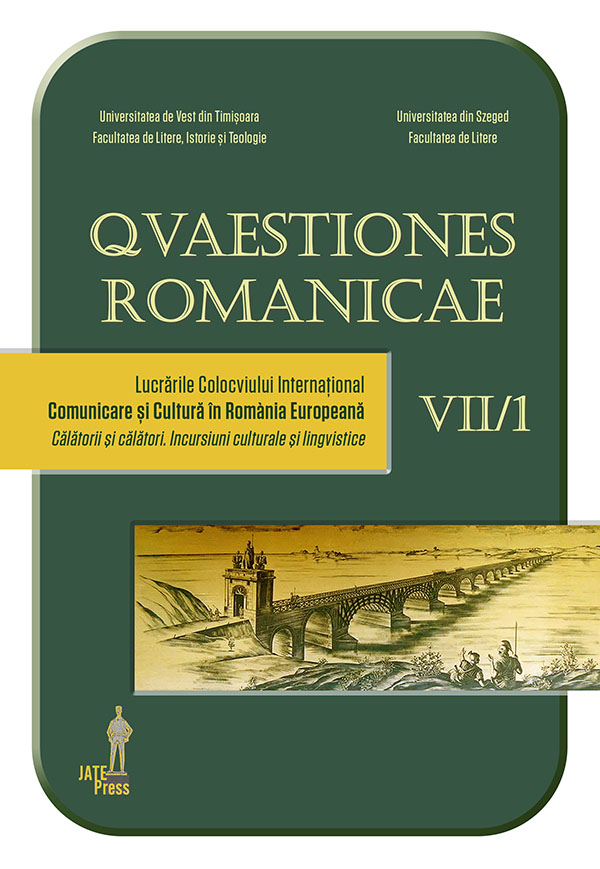Alcohol – historia de una palabra viajera
Abstract: (Alcohol - a History of a Traveling Word) The origin of the Spanish word alcohol is the Arabic kuhl, which signifies ‘antimony’. It comes from the same root as ’ákhal ‘black’. It appears in Spanish with four meanings: ‘antimony’, ‘very fine dust of antimony used by women to blacken their eyes’, ‘essence obtained by trituration, sublimation or distillation’, ‘wine spirit’. In 1278, it appears for the first time with the meaning ‘antimony’, which evolves after to the second meaning, the cosmetic product. A few centuries later, in 1726, it is registered the third meaning, ‘essence obtained by trituration, sublimation or distillation’, and finally, a few decades later, in 1786, the actual meaning, ‘wine spirit’. The Castilian form was borrowed into French alcool during the XVI century and into the Medieval Latin of the chemists, where Paracelsus gave it the third meaning. In 1612, it appears with the fourth meaning in French and it returns to Spanish with its new semantic charge. We want to study and observe the semantic evolution of this travelling word with the help of texts from the diachronic corpora of Spanish and French.
Keywords: alcohol, Arabism, semantic change, travelling word, linguistic history.
Resumen: El origen de la palabra alcohol es el árabe kuḥl con el significado ‘antimonio, galena’. Etimológicamente procede de la misma raíz que ’ákhal ‘negro’. Aparece en castellano con cuatro significados: ‘antimonio’, ‘polvo finísimo de antimonio usado por las mujeres para ennegrecerse los ojos’, ‘esencia obtenida por trituración, sublimación o destilación’, ‘espíritu de vino’. En 1278 es atestiguada por primera vez esta palabra con el significado ‘antimonio’, que evoluciona luego al segundo significado, el de producto cosmético. Siglos más tarde, en 1726, se da el tercer significado, el de ‘esencia obtenida por trituración, sublimación o destilación’ y finalmente, unas décadas más tarde, en 1786, el significado actual, ‘espíritu de vino’. La forma castellana pasó al fr. alcool durante el siglo XVI y al bajo latín de los químicos donde Paracelso le dio la tercera acepción. Ya en 1612 aparece con la cuarta en francés y vuelve al castellano con su nueva carga semántica. Queremos seguir y observar la evolución semántica de esta palabra viajera a través de una indagación en los textos de los corpus diacrónicos del español y del francés.
Palabras clave: alcohol, arabismo, cambio semántico, palabra viajera, historia lingüística.
